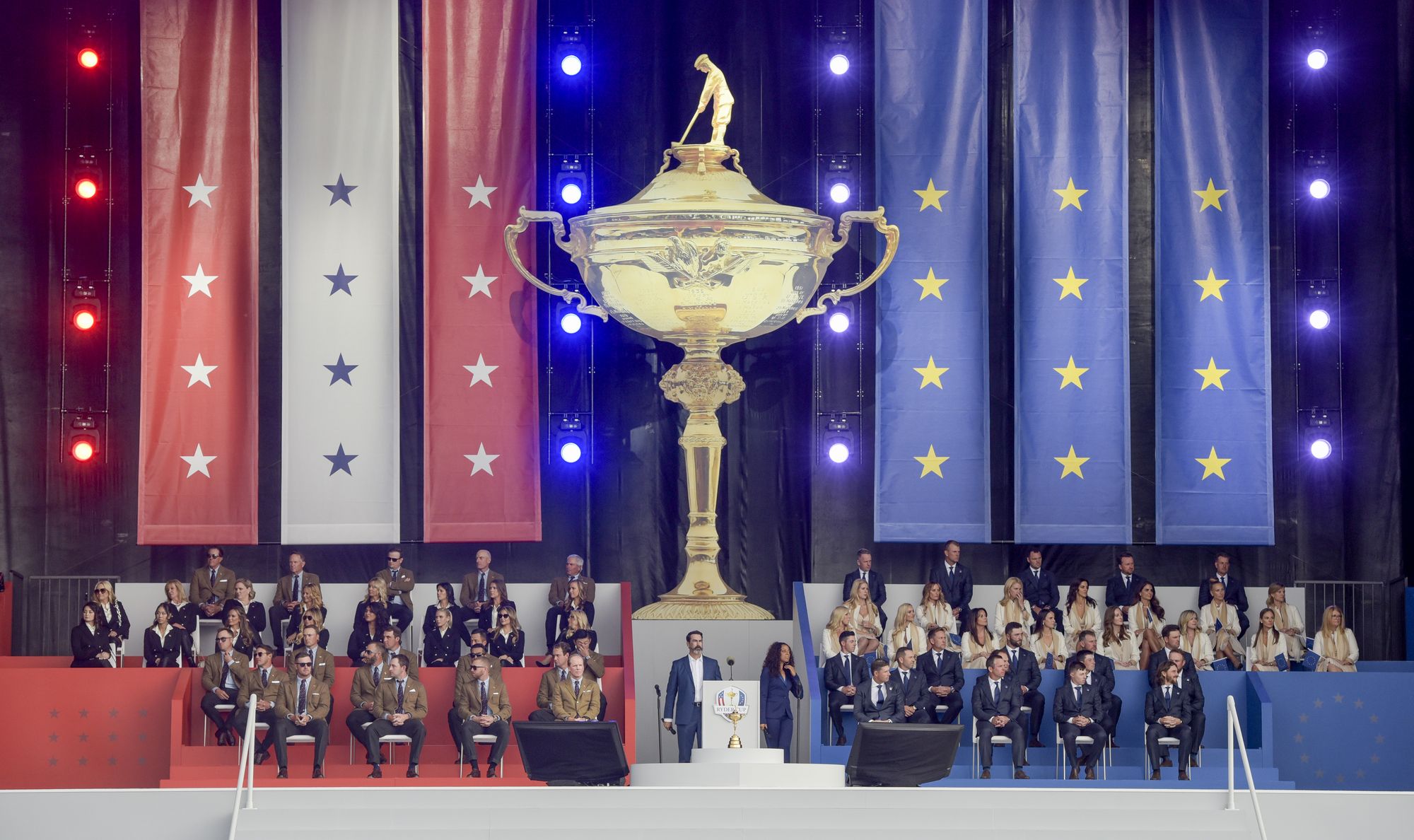The Implications of Skipping the Heritage in Hilton Head
Professional golfers work hard to earn their place on the PGA Tour, competing in tournaments all over the world and vying for lucrative bonuses and endorsements. One such bonus is the PGA Tour’s Player Impact Program (PIP), which rewards players based on their off-course popularity and engagement. However, in a surprising move, golf superstar Rory McIlroy recently decided to forfeit a $3 million PIP bonus by skipping the Heritage tournament in Hilton Head, South Carolina. This decision has raised eyebrows in the golfing world and has significant implications for McIlroy’s career and the future of the PIP program.
McIlroy, a four-time major champion and former world No. 1, is known for his exceptional talent and global appeal. He has a massive following of fans, sponsors, and endorsement deals, which have earned him substantial income both on and off the golf course. As such, he was considered a prime candidate to receive a significant PIP bonus, which is awarded to the top 10 players who generate the most impact and engagement with fans, sponsors, and media.
The PIP program, introduced by the PGA Tour in 2021, aims to recognize players who contribute to the overall appeal and marketability of the sport. It evaluates players’ impact based on their performance in various categories, including their position on the FedExCup rankings, popularity in Google searches, social media following, and more. The program has drawn both praise and criticism from players and fans alike, with opinions ranging from appreciation for the Tour’s effort to promote golf to concerns about the subjective nature of the evaluation process.
McIlroy’s decision to skip the Heritage tournament, which is part of the PGA Tour’s regular-season schedule, means that he will not earn any points toward his PIP ranking for that event. This move effectively eliminates him from contention for the $3 million bonus, which is awarded to the top-ranked player at the end of the season. McIlroy cited scheduling conflicts and his desire to spend time with his family as the reasons for skipping the Heritage, but it is widely speculated that his decision was also influenced by his concerns about the PIP program and its impact on the sport.
McIlroy has been vocal about his views on the PIP program, expressing concerns about the subjective nature of the evaluation process and the potential for it to create divisions among players. In a recent interview, he stated, “I don’t think the PIP is the right way to go. It rewards maybe the wrong things. I think there’s a better way to do it.” By forfeiting the $3 million bonus, McIlroy has made a bold statement about his stance on the program and his willingness to prioritize his own values and principles over monetary incentives.
McIlroy’s decision to skip the Heritage also has significant implications for his career and the broader landscape of professional golf. As one of the sport’s most high-profile players, McIlroy’s actions are likely to influence other players and potentially shape the future of the PIP program. His decision could open up a dialogue among players, the PGA Tour, and sponsors about the effectiveness and fairness of the program and whether it aligns with the values of the sport.
His decision may impact his relationship with sponsors and endorsement deals. Sponsors often seek to associate themselves with successful and marketable athletes, and McIlroy’s forfeit of the PIP bonus may be seen as a deviation from the norm. However, it could also be seen as a courageous move that reinforces McIlroy’s authenticity and integrity, qualities that are highly valued by sponsors and fans alike.
McIlroy’s decision to skip the Heritage tournament also sheds light on the balance between professional commitments and personal values in the lives of athletes. As golfers and other professional athletes face rigorous schedules and demands, finding the right balance between their career and personal life can be challenging. McIlroy’s choice to prioritize spending time with his family reflects the human aspect of professional golfers and their need to strike a balance between their personal and professional responsibilities.
The bold move to forfeit a $3 million PIP bonus sends a powerful message about the importance of integrity, authenticity, and personal values in professional golf, and may inspire discussions and potential improvements in the evaluation of off-course impact and engagement. McIlroy’s decision challenges the traditional norms of professional golf and prompts players, sponsors, and the PGA Tour to reevaluate their approach to recognizing and rewarding players’ contributions to the sport. As golf continues to evolve as a global sport with a diverse range of players and fans, the PIP program and similar initiatives may require ongoing evaluation and adjustments to ensure fairness, transparency, and alignment with the values of the sport.








